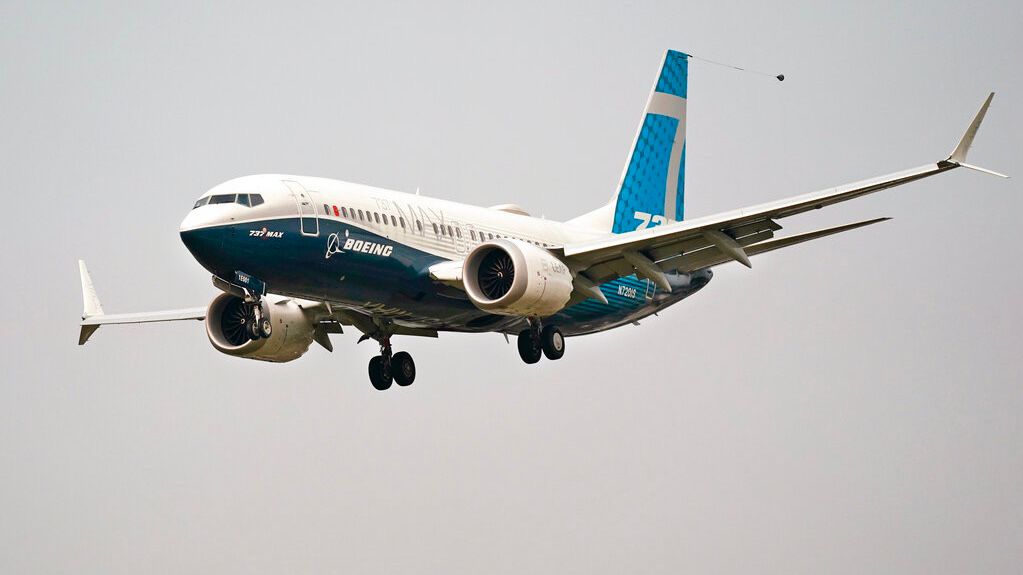One month after an Alaska Airlines flight experienced a midair blowout involving a Boeing 737-MAX 9 aircraft, Federal Aviation Administrator Michael Whitaker took the stand before a House of Representatives committee on Tuesday to discuss the state of American air travel.
In his first appearance before the House, Whitaker addressed numerous safety incidents over the past year including close calls, runway incursions and the Jan. 5 door plug incident.
“The agency’s number one priority is safety,” Whitaker said in a prepared statement, where he cited numerous actions the FAA has taken since the Jan. 5 flight failure drew attention to Boeing’s manufacturing processes.
Whitaker said Tuesday that the agency is “aggressively expanding oversight of new aircraft with increased floor presence at all Boeing facilities” and is “launching an analysis of potential safety-focused reforms around quality control and delegation.”
The FAA and Boeing have both launched investigations into the company’s production lines to determine if the planes are being built to conform to their approved design.
“The FAA will consider the full extent of its enforcement authority to ensure the company is held accountable for any non-compliance,” Whitaker said.
The House hearing took place as the National Transportation Safety Board is set to release its preliminary report on the Alaska Airlines incident Tuesday.
It also comes two days after Boeing reported that it would delay some of its 737 plane deliveries after an employee with a supplier said some holes on the planes’ fuselages had not been drilled to specification. The improperly drilled holes will delay the deliveries of 50 Boeing planes.



